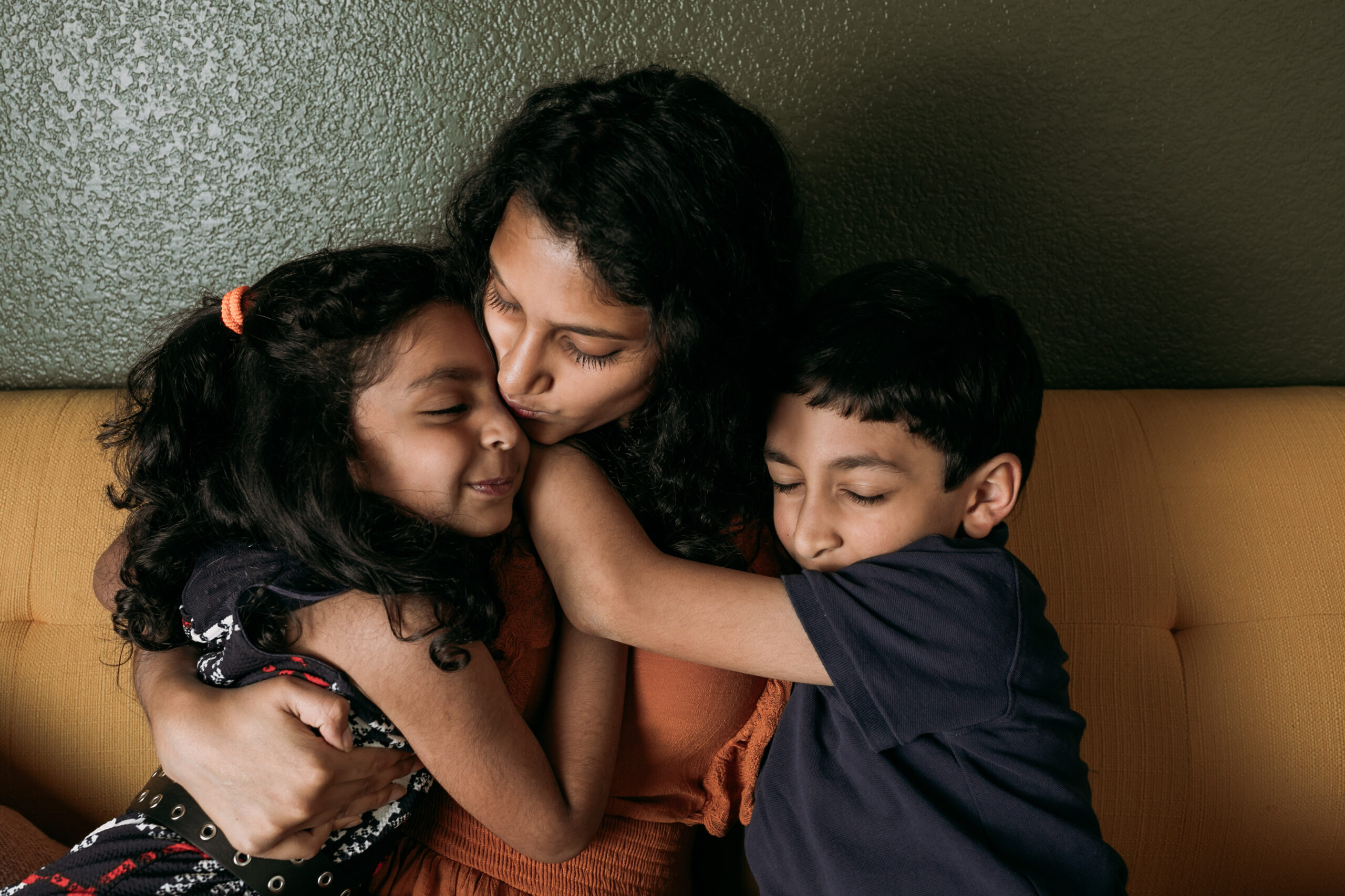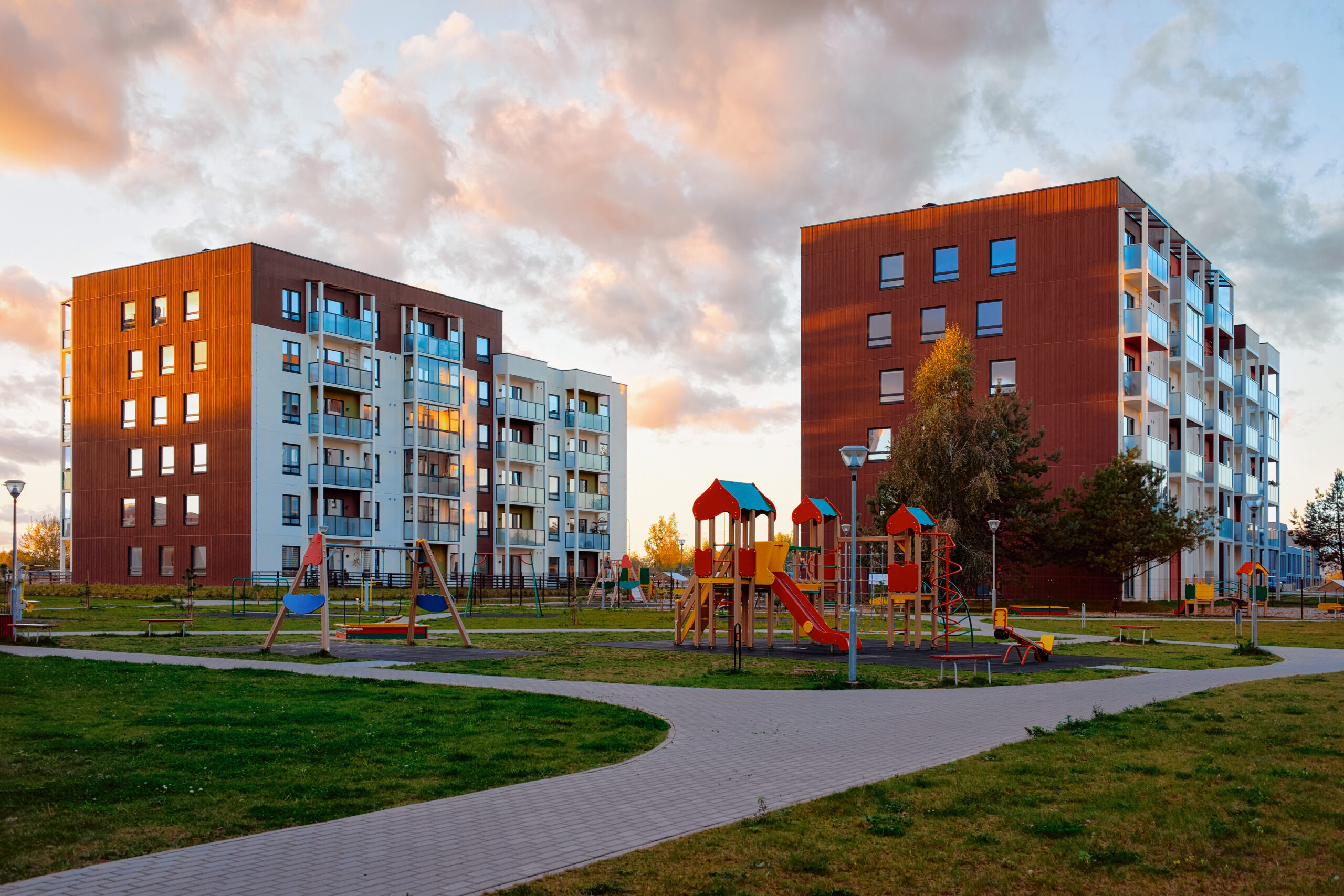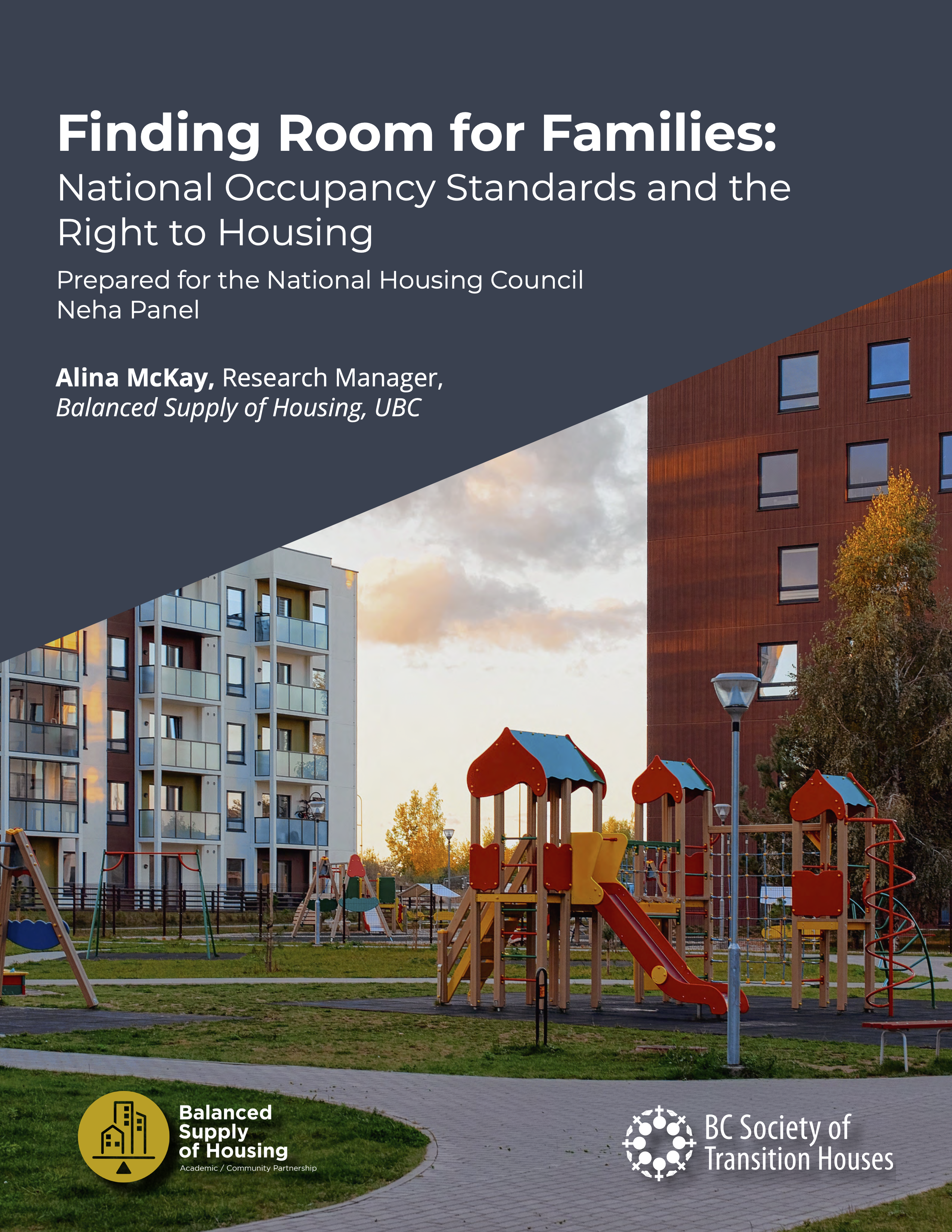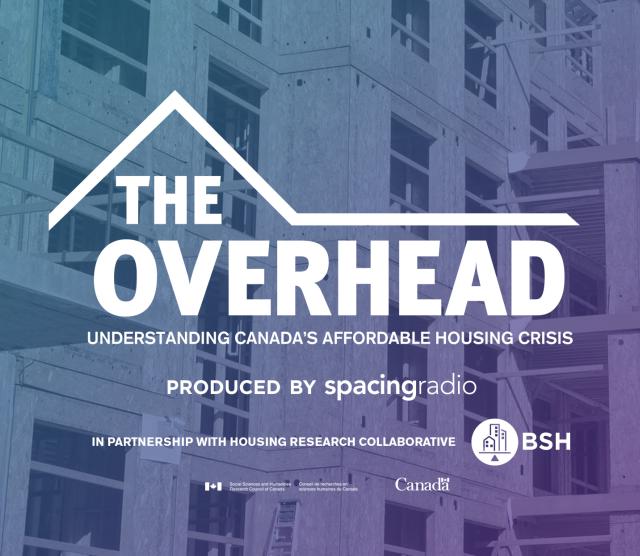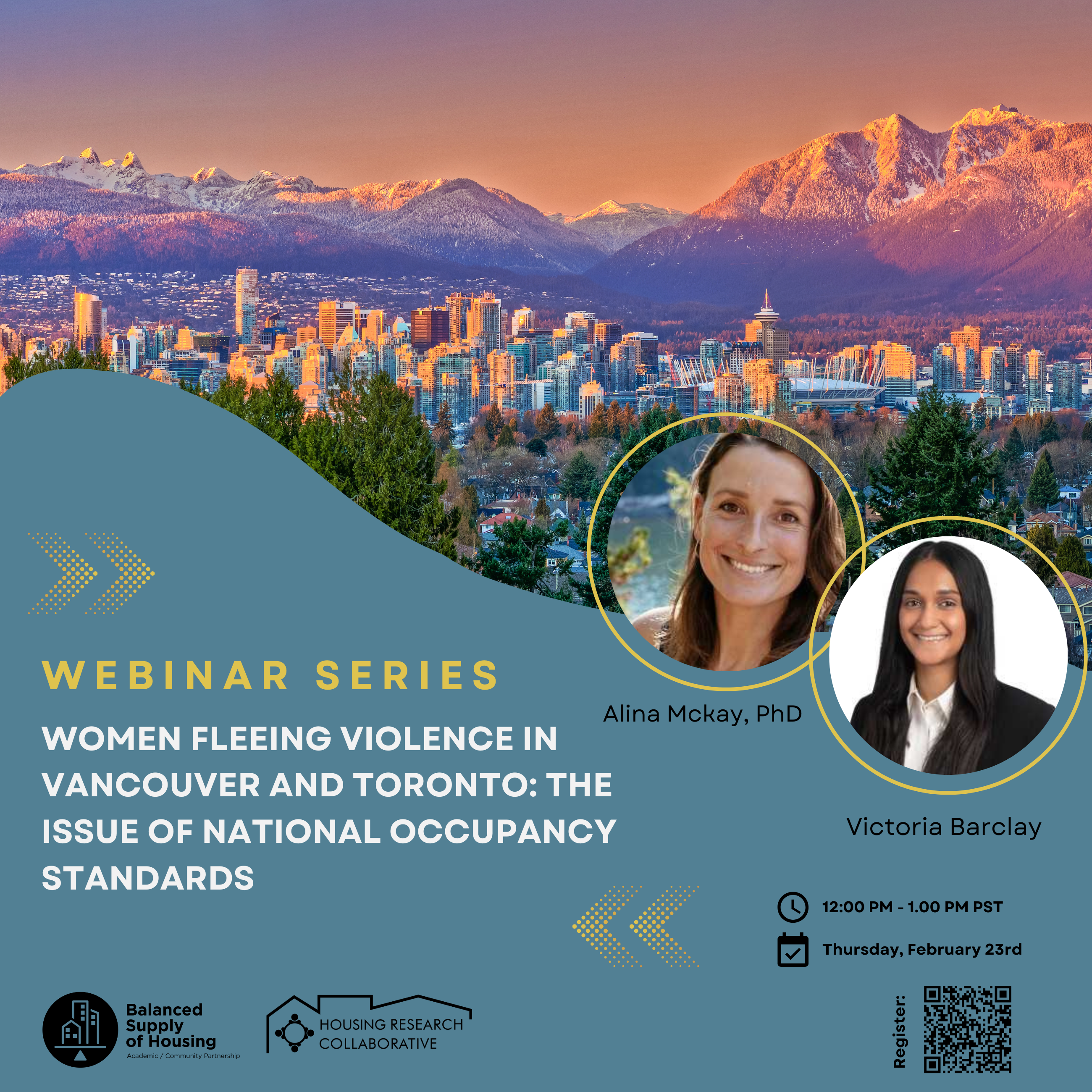Re-evaluating National Occupancy Standards
A Comparative Analysis of Housing Suitability Measures in Vancouver, British Columbia and Toronto, Ontario
Last modified:
This mixed methods research study will compare the experiences of women+ who have experienced gender-based violence in Vancouver, British Columbia and Toronto, Ontario to better understand the impacts that occupancy standards and housing supply challenges have on their ability to secure safe and affordable housing.
Jump to Research OutputsHow many bedrooms does your family need?
This mixed methods research study will compare the experiences of women+ who have experienced gender-based violence in Vancouver, British Columbia and Toronto, Ontario to better understand the impacts that occupancy standards and housing supply challenges have on their ability to secure safe and affordable housing.
Project Lead(s):
Home Organization:
University of British Columbia
Other Participants:
Community Partner:
BC Society of Transition Houses (BCSTH)
Funding Stream:
Comparative Project
Project Status:
Ongoing
Background
Housing providers in British Columbia (BC) use National Occupancy Standards (NOS) to assess housing suitability and eligibility. NOS use antiquated understandings of age and gender to determine the number of rooms needed for a given household. In Toronto, Ontario housing providers have adopted an occupancy limit of two people per bedroom, irrespective of age or gender. This research will build on qualitative research with women+ who have experienced gender-based violence to explore the impact that occupancy standards have on their ability to secure safe and affordable housing. By comparing the experiences of women+ in two of Canada’s most expensive housing markets we can learn the role occupancy standards play in rental markets with severe supply issues. Wait list data from the two cities will also be compared to understand the housing supply challenges that women+ face and build an evidence base to ensure that new affordable housing meets the needs of women+ and their families. The work builds on BC Society of Transition Houses (BCSTH), ‘Getting Home’ project. Through partnering with BCSTH and continuing this important work we can ensure that changes to occupancy standards are paired with affordable housing the meets the needs of women+ and their families.
Research Outputs
Existing reports, presentation materials, podcasts, webinar recordings, and research summaries.




